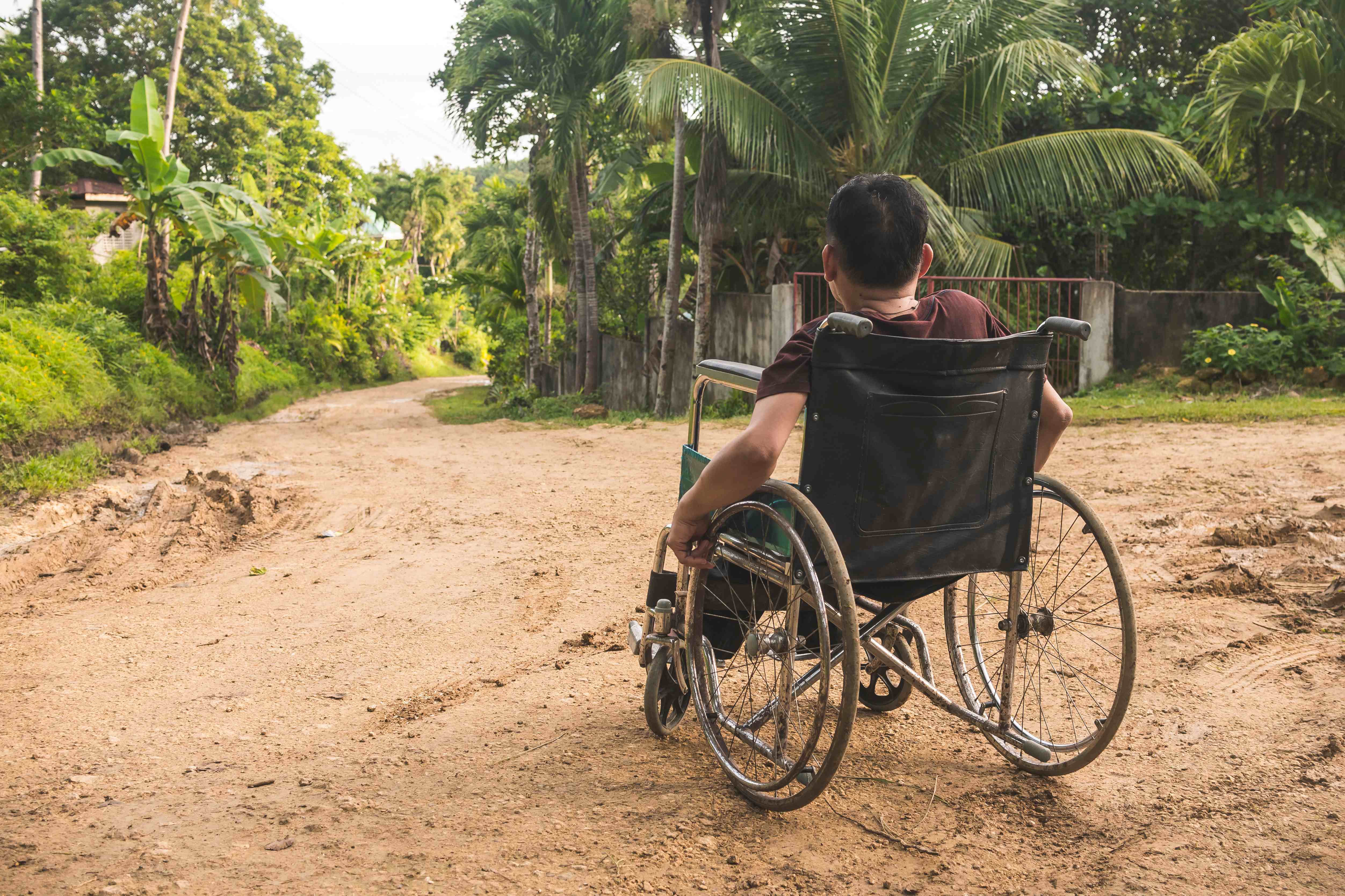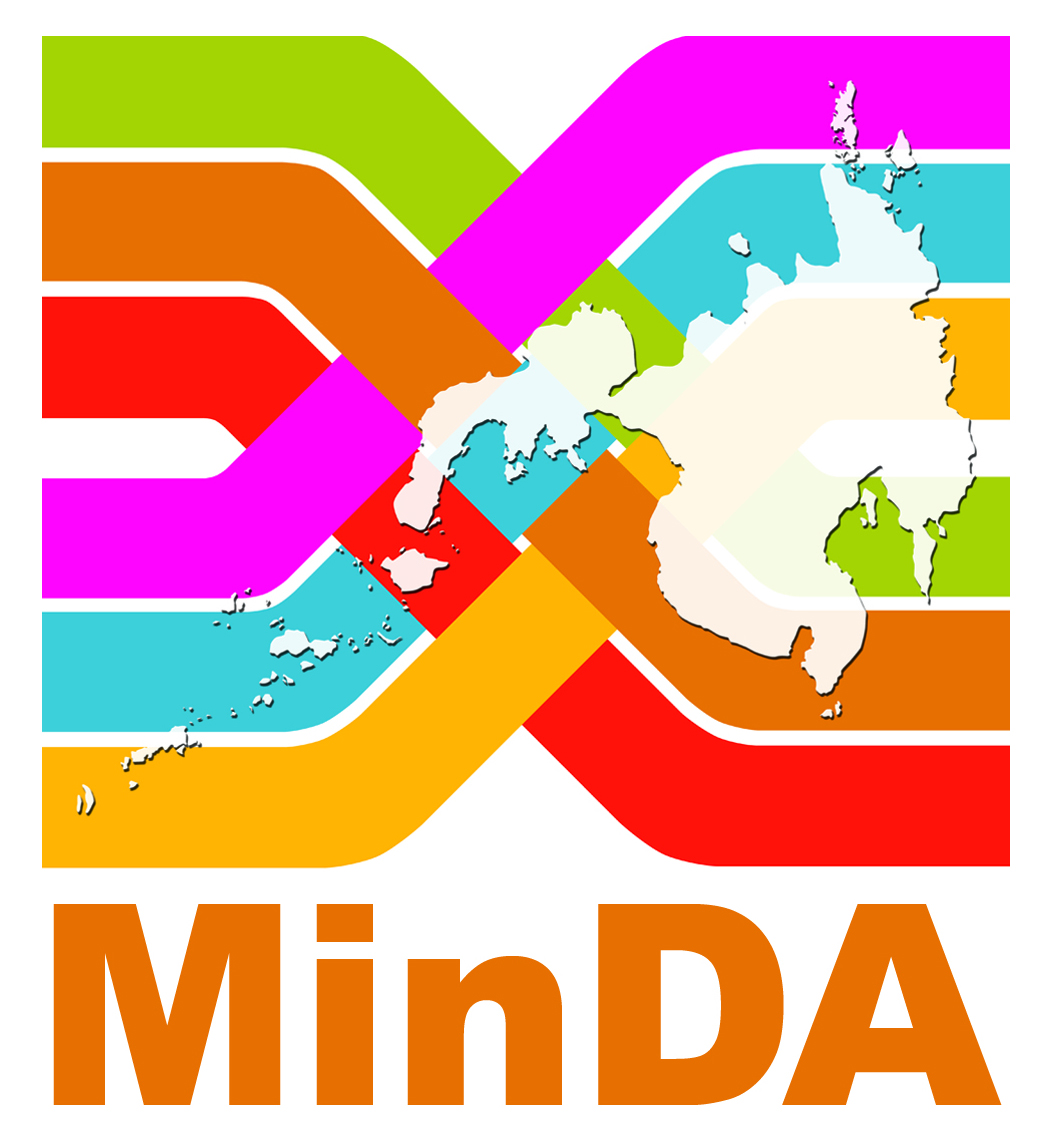Persons with Disabilities
Socioeconomic Issue in Spotlight

Equal opportunity and nondiscrimination are fundamental human rights. However, some groups do not usually get the same opportunities and treatment as other citizens. Persons with disabilities (PWDs) often face economic and health inequalities and limited employment opportunities and access to education due to social stigma and discrimination.
The International Day of Persons with Disabilities is observed every December 3. Led by the United Nations, this celebration aims to advocate public awareness of the different disability issues and mobilize support for PWDs’ dignity, rights, and well-being.
According to the World Health Organization, around 1.3 billion people, which is roughly 16 percent of the world's population, face significant disabilities.[1] Based on the 2016 National Disability Prevalence Survey of the Philippine Statistics Authority, around 12 percent of Filipinos aged 15 and older experienced severe disability. Almost one in every two (47%) experienced moderate disability, while 23 percent faced mild disability.
Thatcher (2023) noted that cultural values and norms shape the support dynamics for female and male PWDs. Compared to men and boys, women and girls with disabilities face a greater likelihood of exclusion from society, which can potentially lead to their limited income and reduced societal participation. Nevertheless, their male counterparts also face discrimination, given traditional gender roles and family expectations of being the “pillar of the home”.
Agbon and Mina (2017) revealed that the lack of transportation, basic facilities, and infrastructure are major challenges in providing education to children with disabilities. Distance between the homes of PWD children and special education (SPED) schools is a factor contributing to a rising dropout rate among them. Bringing special education services, like a mobile school, to rural areas where there are limited SPED schools in central locations can greatly support families with children who have disabilities. They also urged the government to invest in in-service and preservice teacher education to better prepare teachers for handling children with disabilities and reduce inequalities in schools.
Accessing public services and high out-of-pocket health expenses take a considerable toll on the income of many households with children with disabilities. To save money, Reyes et al. (2017) revealed that poor households often turn to self-medication, especially for common illnesses like fever or colds, while some opt for traditional remedies. Monitoring a child's development during routine health check-ups with a pediatrician is crucial for the early identification of delays in the child’s language, motor, cognitive, and social skills. While early detection and intervention programs can be costly, they have positive economic returns over a person's lifetime.
Lack of employment opportunities is one of the barriers faced by PWDs. Compared to the general population, most of their jobs are informal thus the lack of job security. Mina (2013) observed significant urban-rural disparities with higher employment rates in urban areas. Underemployment affects around half of employed PWDs. His study also revealed that urban PWDs commonly work as masseurs, while their rural counterparts are often engaged in farming. While many are involved in entrepreneurial activities, most of them hold informal jobs as self-employed or unpaid family workers. Widespread informal employment among PWDs in wage/salary jobs underscores the need for targeted workplace support. As strong education is crucial for their employment, the study recommends increasing scholarship programs for PWDs to enhance their skills and help them get stable jobs.
To boost labor participation for PWDs, collaboration among the government, employers, worker's organizations, and PWD groups is essential. De Luna-Narido and Tacacao (2016) noted that membership in a disabled person organization not only provides training and employment but also empowers them and positively shapes their life perspective. In addition to a solid educational background, acquiring high-quality skills through training opens employment opportunities for them. PWDs can excel in their work if provided with the right environment and support. While their jobs may often be simple and routine, training and mainstreaming programs have proven effective in developing and restoring their capabilities for competitive participation in the labor force. Nongovernment organizations play a crucial role in providing training and employment and establishing a harmonious employer-employee relationship, ensuring a seamless transition for PWDs into their roles.
The Socioeconomic Research Portal for the Philippines (SERP-P) has resources about PWDs. Below are some of them:
- Value Fragmentation for Persons with Disabilities in the Family: A Case Study in Valenzuela City, Philippines
- School Participation of Children with Disability: The Case of San Remigio and Mandaue City, Cebu, Philippines
- Employment of Persons with Disabilities (PWDs) in the Philippines: The Case of Metro Manila and Rosario, Batangas
- A Study on Employment Profile of Persons with Disabilities (PWDs) in Selected Regions in the Philippines
- Health Practices of Children and Women with Disabilities
For more studies, simply type “persons with disabilities”, “PWD”, and other related keywords in the Search box of the SERP-P website.
[1] https://www.who.int/en/news-room/fact-sheets/detail/disability-and-health (accessed on November 22, 2023)


